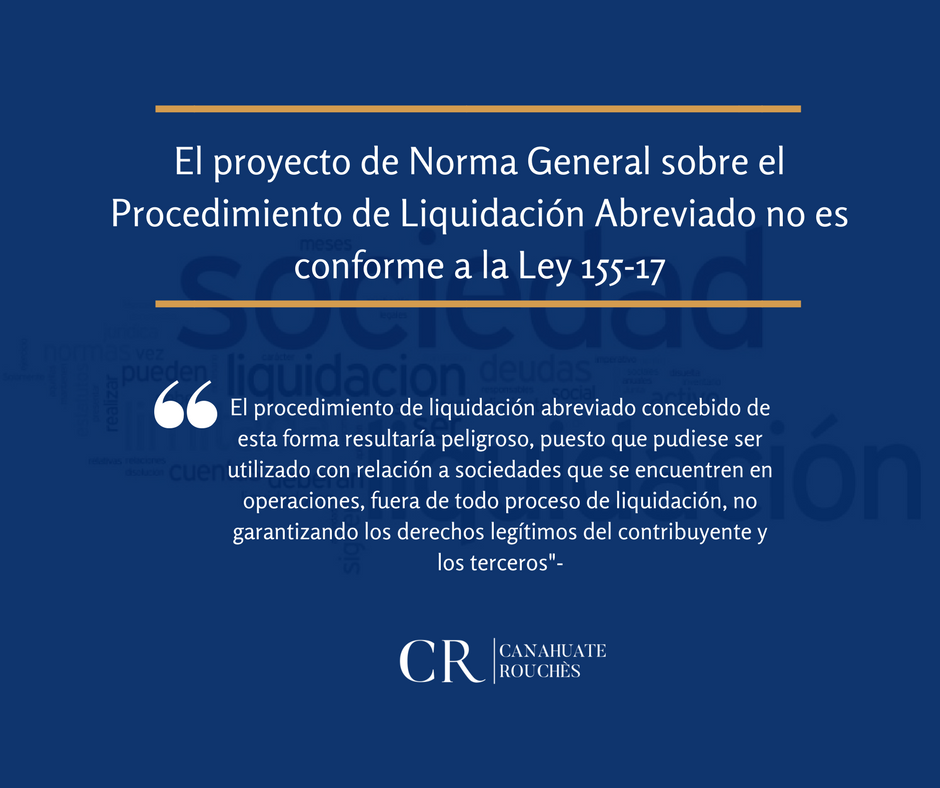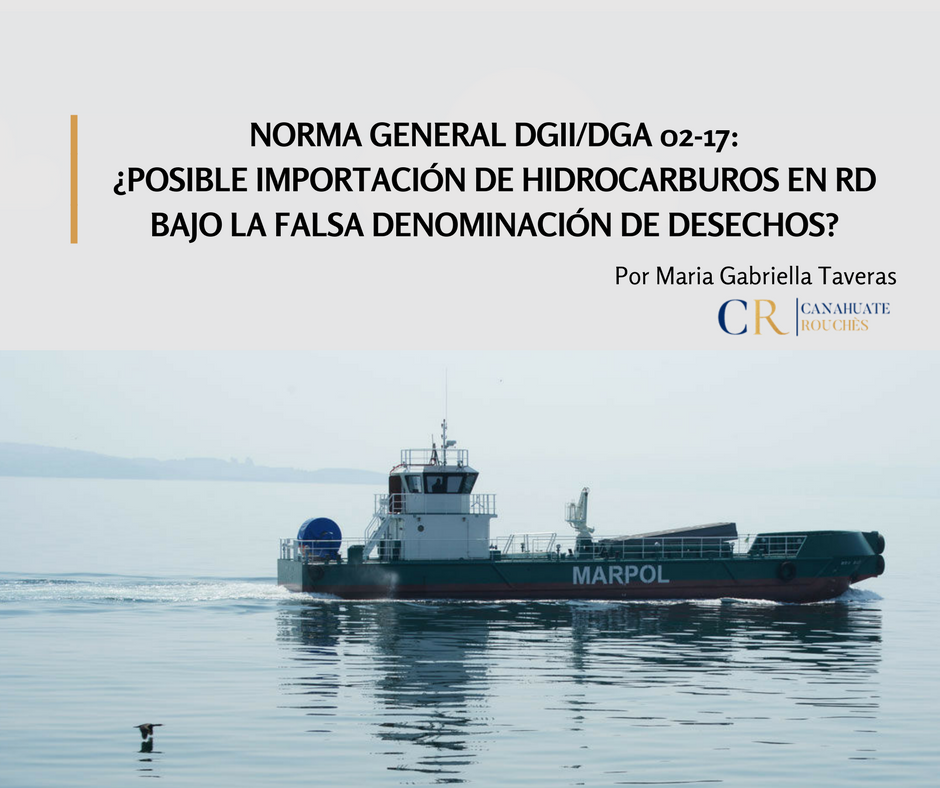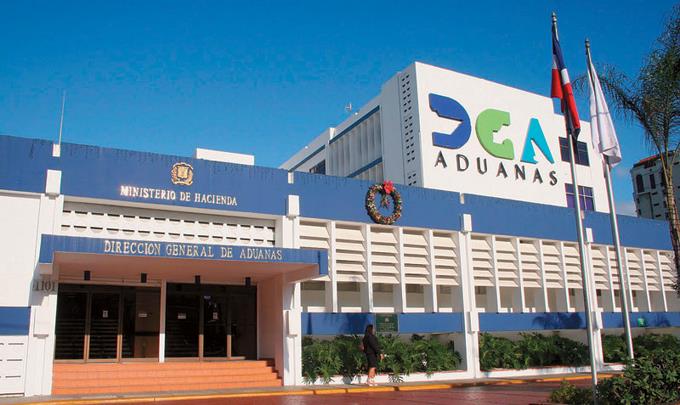Books
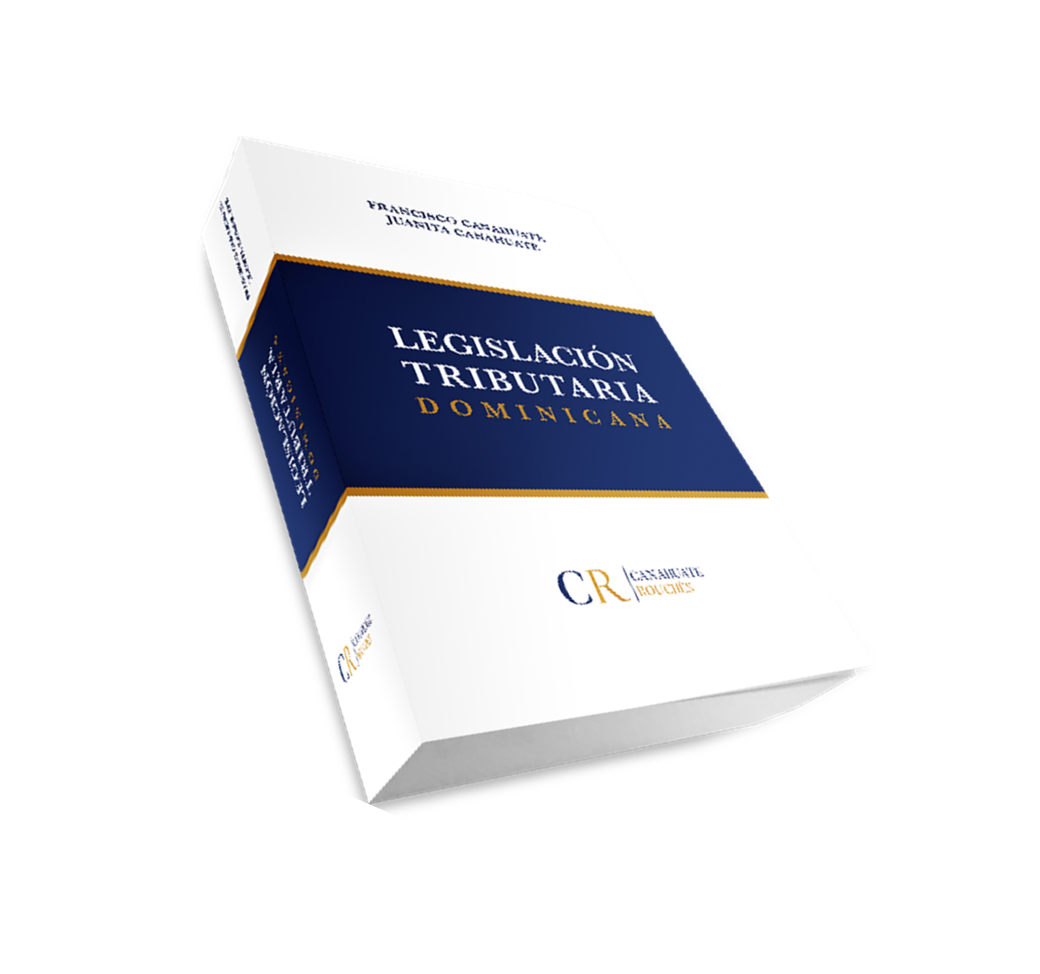
DOMINICAN TAX LEGISLATION
The present compilation of Legislación Tributaria Dominicana presents the distintas disposiciones tributarias existentes vigentes a la fecha (leyes y reglamentos); las Normas Generales de la Dirección General de Impuestos Internos de mayor relevancia; los regímenes tributarios particulares establecidos por leyes sectoriales; algunas leyes relevantes en el ámbito del procedimiento tributario y los convenios internacionales para evitar la doble tributación. Include references and comments to facilitate the consultation of the obra.
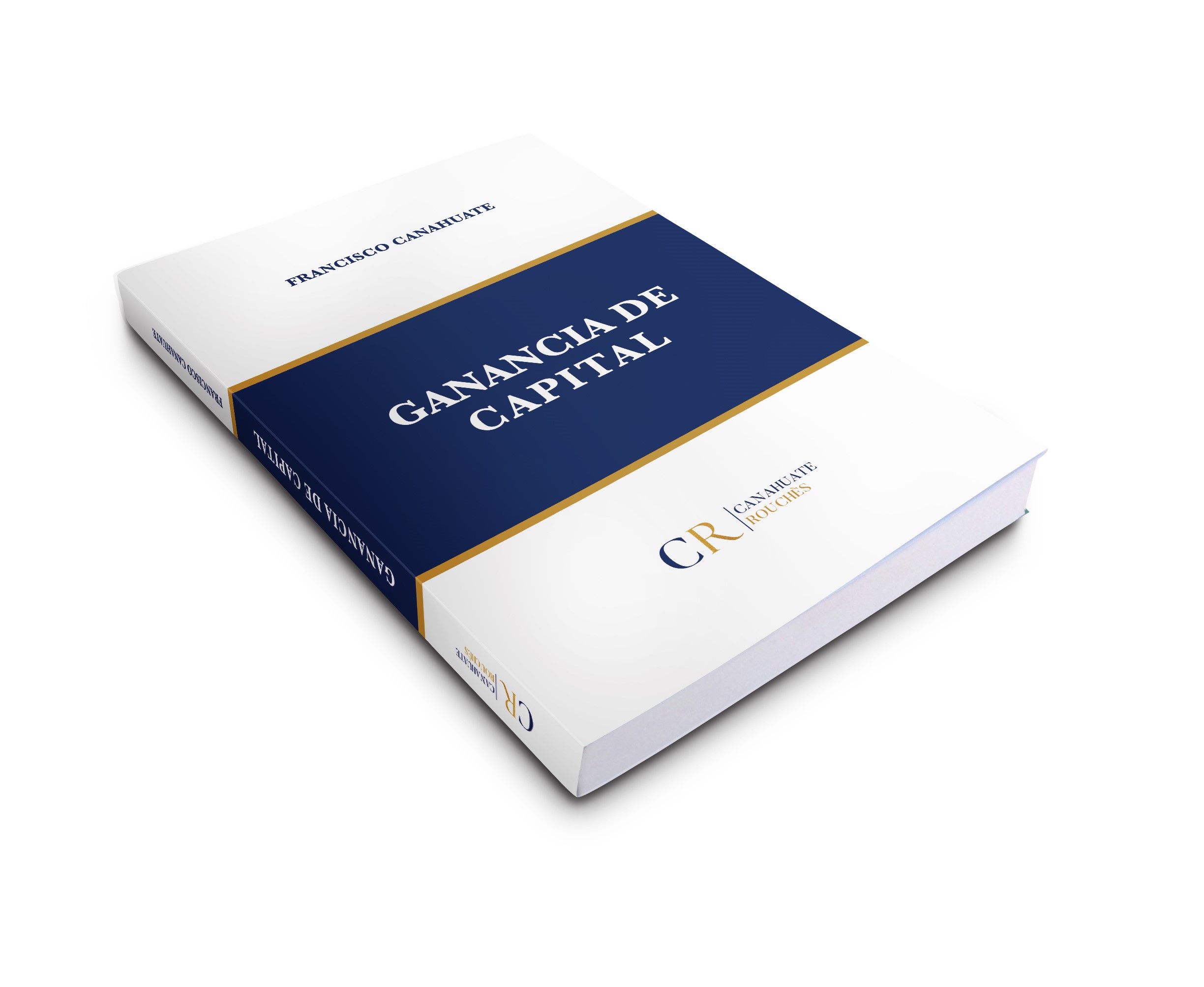
Capital Gain
In the framework of current tax legislation, this work focuses on issues related to capital gain: concept, different existing methods for determining the tax base and the consequent payment of the tax. The practical aspects of determining capital gains are also covered, in particular the well-known resolution (Tax Ruling) of the Tax Administration. Before addressing these issues, the author presents the background of this figure, delimiting the context and making certain historical clarifications and clarifications regarding the process of preparation, approval and publication of Law No. 11-92, by which the Tax Code of the Dominican Republic.
Read the articles published by our partners with the latest in tax matters.
The General Agency of Internal Taxes («DGII») has prepared a draft of the General Standard on the Procedure of Abridified Liquidation of Commercial Companies («PLA») that is available for consultation and observations until Monday, April 16, 2018.
Said draft is the result of the power granted to the DGII by the transitory article of Law 141-15, which was added by Article 107 of Law No. 155-17 against Money Laundering and Financing. of Terrorism («Law 155-17») to regulate a procedure for the abridged liquidation of commercial companies.
Decree 1-18 of January 4, 2018, establishes the Rules for the Application of Title IV of the Tax Code on Selective Consumption Tax (ISC, for its Spanish acronym). By means of Decree 1-18, the State has an interest in providing the General Agency of Internal Taxes (DGII) and the General Agency of Customs (DGA) «with technical, administrative and registration instruments that allow the management, control and correct collection of the ISC «.
In the framework of the MARPOL Agreement, the General Agency of Internal Taxes («DGII») and the General Agency of Customs («DGA») issued the General Standard No. 02-17 that regulates the unloading, customs clearance and commercialization of waste (SLOP, SLUDGE), mixtures of hydrocarbons or others («Standard 02-17»).
In accordance with this Standard, the vessel that wishes to discharge these wastes must process the corresponding permit before the Department of Hydrocarbons of the DGA. The request for release will be authorized once the consumption tax on fossil fuels has been paid, established by Law No. 112-00, on Hydrocarbons. The amount to be paid will be determined by the content of hydrocarbons and, for this reason, the DGA must take samples from the tanks of the vessel.
The article «Free Zones and Tax Administration: About Security» by Juanita Canahuate was published in the AMCHAMDR Review in its May-June 2017 edition, describing the principles that should govern the actions of the Tax Administration, to guarantee the legal certainty of free trade zones that operate in accordance with Law 8-90.
The Authorized Economic Operator Program («AEO») is an accreditation granted by the General Agency of Customs («DGA» for its spanish acronym) to a company involved in the international movement of goods that proves to offer security guarantees throughout its logistics chain. There are similar figures in other countries, such as: the «Customs Trade Partnership Against Terrorism (CTPAT)» in the United States; the «Customs System of Reliable Operator» in Argentina; the «Customs Facilitation Program for Reliable Trade» in Costa Rica; among others.
